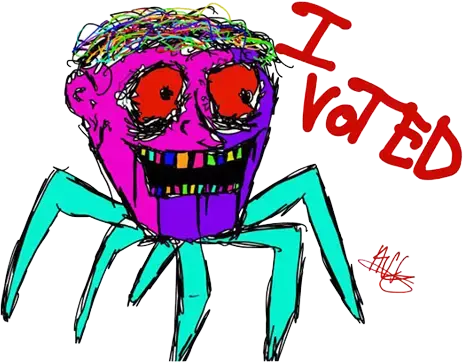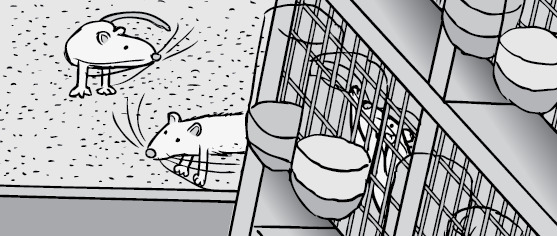Religion and spirituality are the soul of a soulless world.
People turn to witchcraft in times of duress when they're oppressed and seeking power but have no alternatives nearby.
As capitalism started to rise, it demanded that some certain work be unpaid/unrewarded as it was not profitable even if it was essential for the continuation of society - for women that meant childbirth and child rearing. In response, witchcraft and magic also started to be demonized as people worked out that tension but also as a way to root out the "wise women" that knew how to induce abortions, how to widwife, etc. so as to replace all that with male doctors and so on.
Now, we're on a precipice again. Child rearing is still unpaid but no one can afford anything on a single-person income and the state is unable to provide welfare or cheaper products after 50 years of neoliberalism. Women are back in the workforce, and for some they are side by side with other women and workers but many are isolated. Things are coming apart and people are massively isolated from each other and so they turn to things like astrology or witchcraft - which are incredibly individualistic things to do but allow you to exercise some (imaginary) power or some (imaginary) comfort.
People will awkwardly dabble with these ineffectual things but it's also part of the slowly awakening desire to change the world in a proletariate that is incredibly rusted and seized up.








There was some push in the 1920s and 1930s about a revival of a pre-Christian witch cult that was purported to have been stamped out by the witch trials of the 17th century - which contemporaneously as described here. Most likely this wasn't the case, but there was apparently a growing interest in witchcraft and folklore at the time.
The 60s and 70s had a renewed interest in druidism and neopaganism as well and was the birth of modern Wicca as we understand it (named after Diana or something like that, I can't remember exactly).